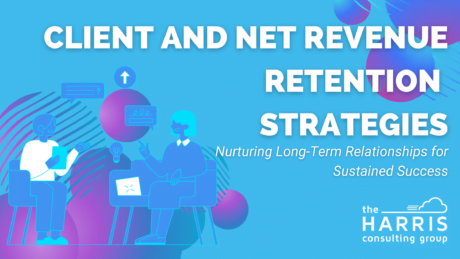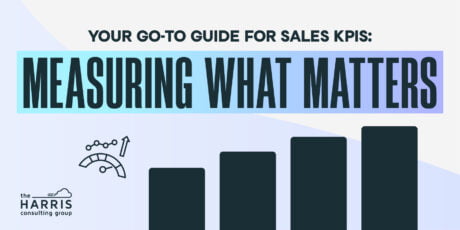When you fill out a demo request and you get a rep playing 20 questions before you see the demo, how annoyed are you?
Do you then expect your own prospects to be equally happy when your sales process does the same thing?
Shame on you.
If someone fills out a demo request and then has to be BANTED, are you really surprised they are angry? Really?
You just lied to them straight up.
Just like the fake LinkedIn requests.
Just like the “Re:” in the subject line of a cold email.
Liar, liar, pants on fire.
Own it. You lied to them, accept it, change your message, or stop being “shocked”.
Here’s the first thing wrong with your process: You should be qualifying the demo, not the person, and not the company.
It’s 2021, there is no reason you need to ask questions around company size, how many reps, usage statistics, etc. In reality, you can build in those questions into the demo itself.
Think about it. I bet there’s a great place in your demo to say, “Hey, how big is your team anyway?” or “How much usage do you currently use?” or “How much more are you projecting into 2021 and 2022?”
This is where the rule of reciprocity takes over. You’ve done them a favor, and now they feel obligated to answer your questions. You’ve #EarnedTheRight to ask questions.
If you are still saying, “But if I can do it, why can’t my reps?” Then it is still your fault. If you cannot take something you can do easily and document the process as well as the conversation flow, then you should not be leading any sales team. Good news is, you can fix that.
BANT is BAD in most cases. If you are expecting someone who specifically asked for a demo request to give up critical information, like budget and timeline before seeing the demo, AND you are expecting a first/second job SDR to be good at getting that information, you are nuts. Unless you have trained them well and have the data to support your hypothesis, you are again lying to yourself and hurting your reps’ career growth, as well as your own. And no, training does not mean, “Ask these 5 questions…”.
Here’s what to focus on. At most an SDR at this stage should be focusing on two components of N.E.A.T. Selling: NEED and ACCESS to AUTHORITY.
NEED
- What parts of the product or service are you most interested in seeing?
- What brought you here today?
- What makes them want to see a demo in terms of their current state?
- Specifically, what pain(s) are they trying to solve?
ACCESS TO AUTHORITY
- Not only do they have the authority, but just understanding where they fall in the “group decision-making process”.
- Who else is affected by the decision if you were to implement something like this?”
Anything beyond this is simply overkill, unless it’s brought up by the prospect themselves.
So conversationally, here’s what it would look like:
Lead comes in. SDR/BDR calls and starts a conversation.
SDR – “Hey Sarah, I know you want to see a demo today so that’s what we are going to do. Don’t worry, I am not going to BANT you to death.”
Sarah – “Thanks, I appreciate that.”
SDR – “Sarah, I have no desire to do death by demo clicking around, so can I ask specifically what’s making you interested in seeing the demo? I just want to make sure I show you the right stuff.”
Sarah – “Well, we are trying to _______ and ______ better.”
SDR – “As it relates to the demo, how are you currently doing this, this way I make sure to highlight that for you?”
SDR – (Pre-qualify the demo) – “Sarah, let’s get started. I am curious, if at the end of this demo you like what you see, what happens next on your end?”
Sarah – “Take it back to the team.”
SDR – “Great. As we go through the demo, I want you to think about what the “no-no person” would be thinking in terms of making the decision. You know, the person who cannot say yes, but can often stall or prevent something from happening.”
Sarah – (small laugh) – “Ok, I will.”
Now, your SDR needs to ask, “What do you think of this?” and get Sarah’s answer, but also, “What do you think no-no will say?”.
Our last point on demos: demos are demos, not product training.
We wrote about this before. Think of your demos like a movie:
- Trailer – This is essentially an 2-3 minute explainer video. This gives people just enough to understand the pains you solve to entice them into a deeper conversation.
- Main Feature – This is a demo that actually walks your prospects through their specific use cases as it relates to your product or service.
- Director’s Cut – This is more like a POC or trial. Or perhaps a #CustomerSuccess demo of a new application.
So remember, don’t lie to your prospects. Improve your qualification within the demo, not around it. Qualify the demo, not the persona or the company at first. Earn the right to ask the questions you want. Then ask them.
Need help perfecting your qualification process? We help sales manager with sales training for their teams, as well as help reps become more efficient, or we can come in and train entire teams on how to do this on your behalf. Book a time to chat about your goals here.






